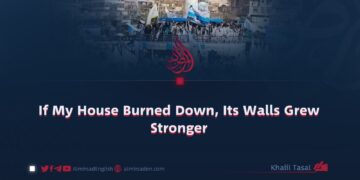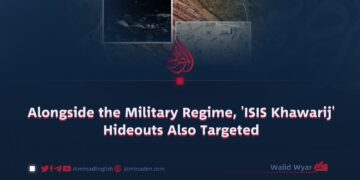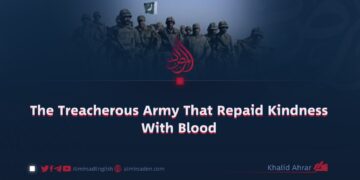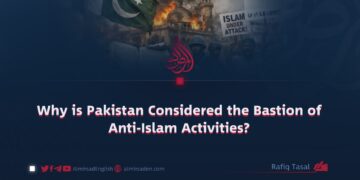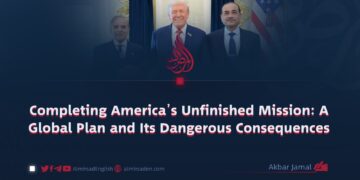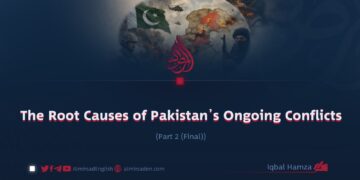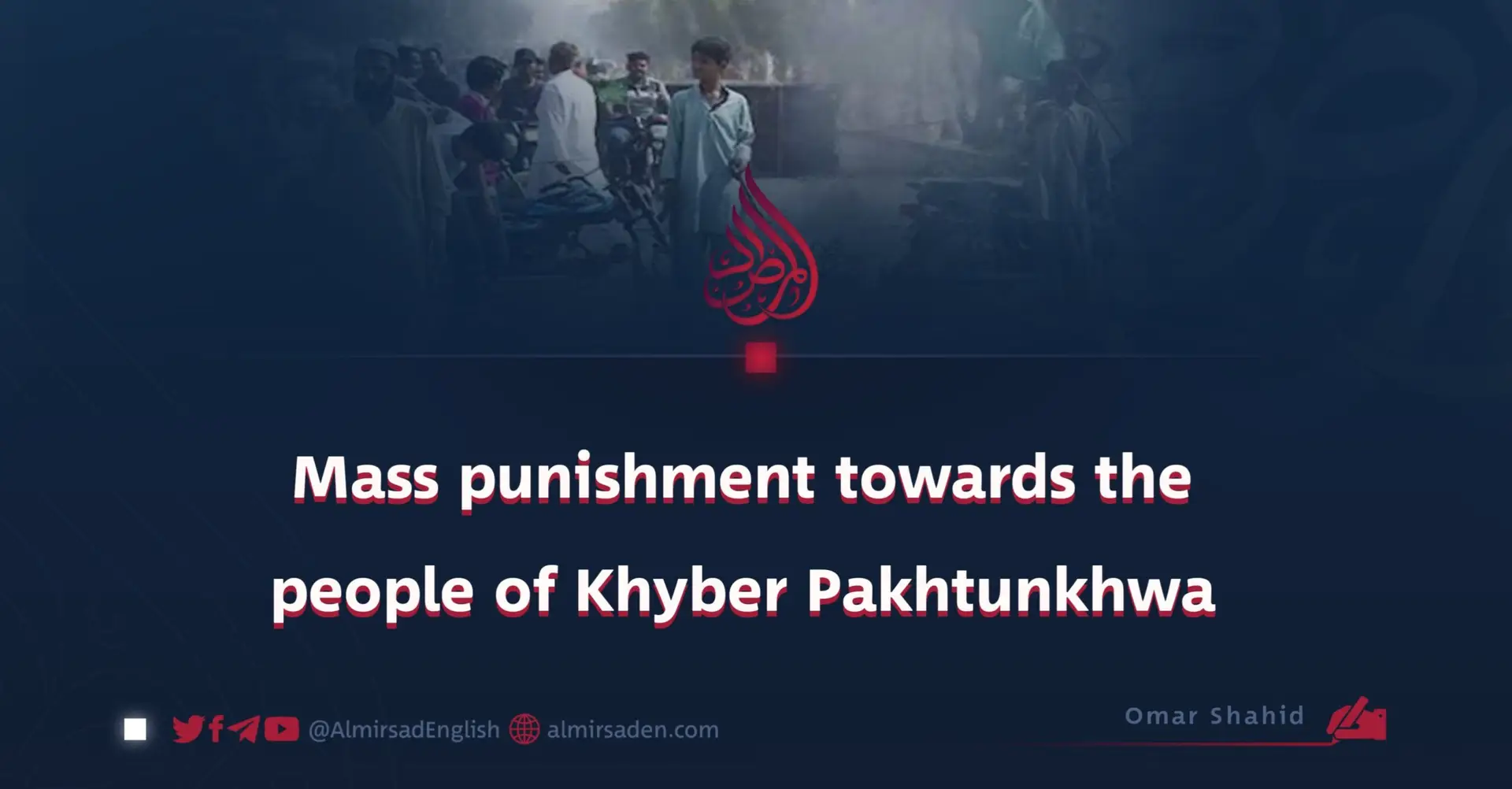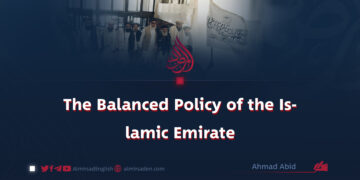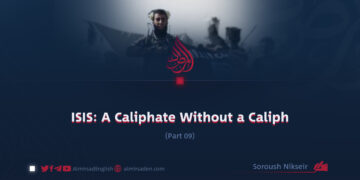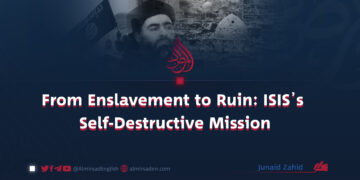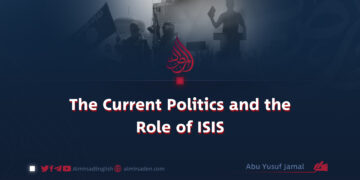Omar Shahid
In the center of Pakistan, the Pakistan Muslim League (N) has formed a coalition government with the Pakistan People’s Party and some other parties.
Conversely, in the state of Khyber Pakhtunkhwa, the government is led by the Tehreek-e-Insaf party.
The Pakistan Muslim League (N) and its allies, including the army, the military, and the ISI, vehemently oppose the Tehreek-e-Insaf political party.
Due to the fact that the residents of Khyber Pakhtunkhwa voted in favor of the Tehreek-e-Insaf Party, Pakistan has implemented collective punishment on the populace of Khyber Pakhtunkhwa.
One of the measures being enforced is electricity load-shedding, with certain regions in Khyber-Pakhtunkhwa enduring power cuts lasting up to 22 hours within a 24-hour period.
The public’s response to these power interruptions compelled the Chief Minister of Khyber Pakhtunkhwa to intervene at power stations and put an end to these outages through force.
The republic or democracy, which some may hold in high regard, has placed the citizens in such dire circumstances.
Based on statistics, each newborn in Pakistan carries a debt of over $37,000.
As long as Muslims are entangled in republicanism and a usurious economic model, division will persist among them.
Despite ample opportunities, poverty will prevail, the population will remain indebted to the West, and the prospect of a liberated, affluent, and comfortable lifestyle will remain elusive.
In the case of Afghanistan, the previous puppet government was drowned in debt. Had it not been for the establishment of the Islamic Emirate of Afghanistan, the Afghan people would have been burdened with billions of dollars in debt, steadily increasing each year, leading to a scenario where each newborn child in Afghanistan would inherit tens of thousands of dollars in debt due to the corruption of the former regime.
With the implementation of the Islamic Sharia system in Afghanistan, despite facing economic sanctions, the country has managed to sustain its operations, deliver essential services, and undertake key economic initiatives using domestic revenues for the past three years, without reliance on foreign assistance.













